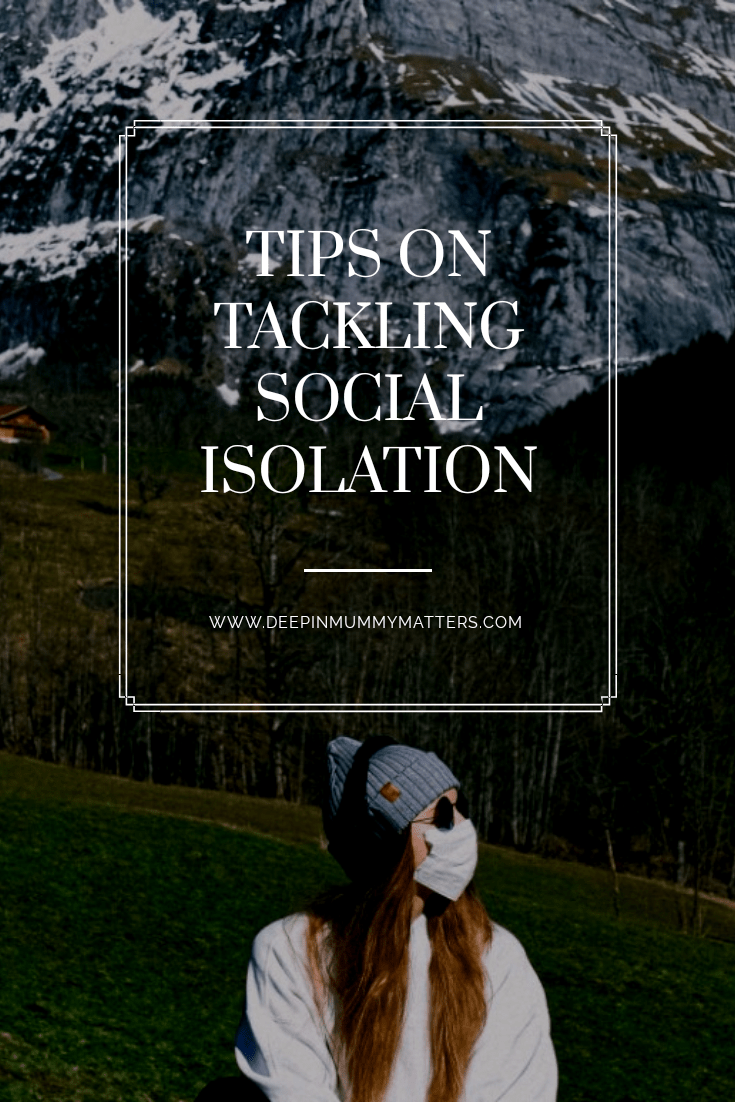The global outbreak of Coronavirus has changed the way all of us are having to live our lives. For the majority of people, government advice is to practice social isolation, stay at home and to stay away from other people as much as possible.

For many of us leading busy lives with family, work and social commitments, suddenly having to stay at home is a massive change. And with the lockdown continuing with no end date in sight, the stream of bad news increasing and the health of ourselves and our loved ones under threat, the situation can be difficult to cope with.
As a solicitor representing people who have sustained brain injuries, I think there is a lot we can learn from their experiences of having to deal with social isolation, albeit for different reasons and different circumstances.
Research by the brain injury charity Headway, highlights that over 70% of people who have sustained a brain injury experience a degree of social isolation afterwards. This can be for many reasons, including changes in personality or behaviour which negatively affects relationships. Some brain injured people suffer from communication problems or fatigue which can limit their social ability. Being socially isolated can exacerbate mental health issues such as depression and anxiety, and likewise, depression and anxiety can make it hard to face others.

Below are some helpful tips on staying sane in isolation, much of this advice has come from experts in rehabilitation and clients who have dealt with feelings of social isolation first hand:
Routine is key
Changes to our everyday life can be stressful because we feel like we are no longer in control of our time. Sticking to your old routine if possible, or starting a new “at home” routine can make us feel like we are taking back control. So, try to get up and get ready in the mornings as normal. Eat your meals at the same time. Most kids also respond really well to routine for the same reasons, it is reassuring if you know what you will be doing with your day.
Try to exercise

Not going out of the house much will inevitably lead to less exercise. Make exercise part of your routine by doing activities you enjoy. There are some great free classes on the internet designed to get kids involved too – it’s much easier if you can do them all together. Or if you can, try to get outdoors each day, even for a short walk. Being exposed to some fresh air and natural light will do wonders for your mood.
Set goals, however small
We get a real sense of achievement and a boost to our self-esteem if we are able to achieve our own goals. These don’t have to be very big goals, and it might be things you can do with your children, such as building something spectacular out of lego, finishing a book you haven’t got round to reading yet or cooking a recipe you’ve been meaning to try. Doing these things will also keep your mind active, which is so important at a time when we are not getting our usual mental stimulation.
Stay connected

If you are no longer able to meet up with your family, friends or colleagues, the feeling of loneliness can quickly creep in.
One of the clearest things I have learnt from working with people with brain injures is how important the sense of being a part of a community is, especially when all else around you has changed. There are a number of brain injury support groups, often run by charities, such as the Silverlining Brain Injury Charity [http://www.thesilverlining.org.uk/] or Headway [https://www.headway.org.uk/ ], that offer the chance to meet people facing similar issues.
Keep in touch with those that mean the most to you and please, check in with the most vulnerable in your community – a phone call or video call can make a real difference.
This could even be the time that you try giving virtual speed dating events a try, you don’t need to leave the house but you could meet the partner of your dreams.
Sally Simpson is a mother to two primary school-aged children and an Associate Solicitor at Bolt Burdon Kemp. She specialises in representing people who have sustained a brain injury by accident or by medical negligence.

